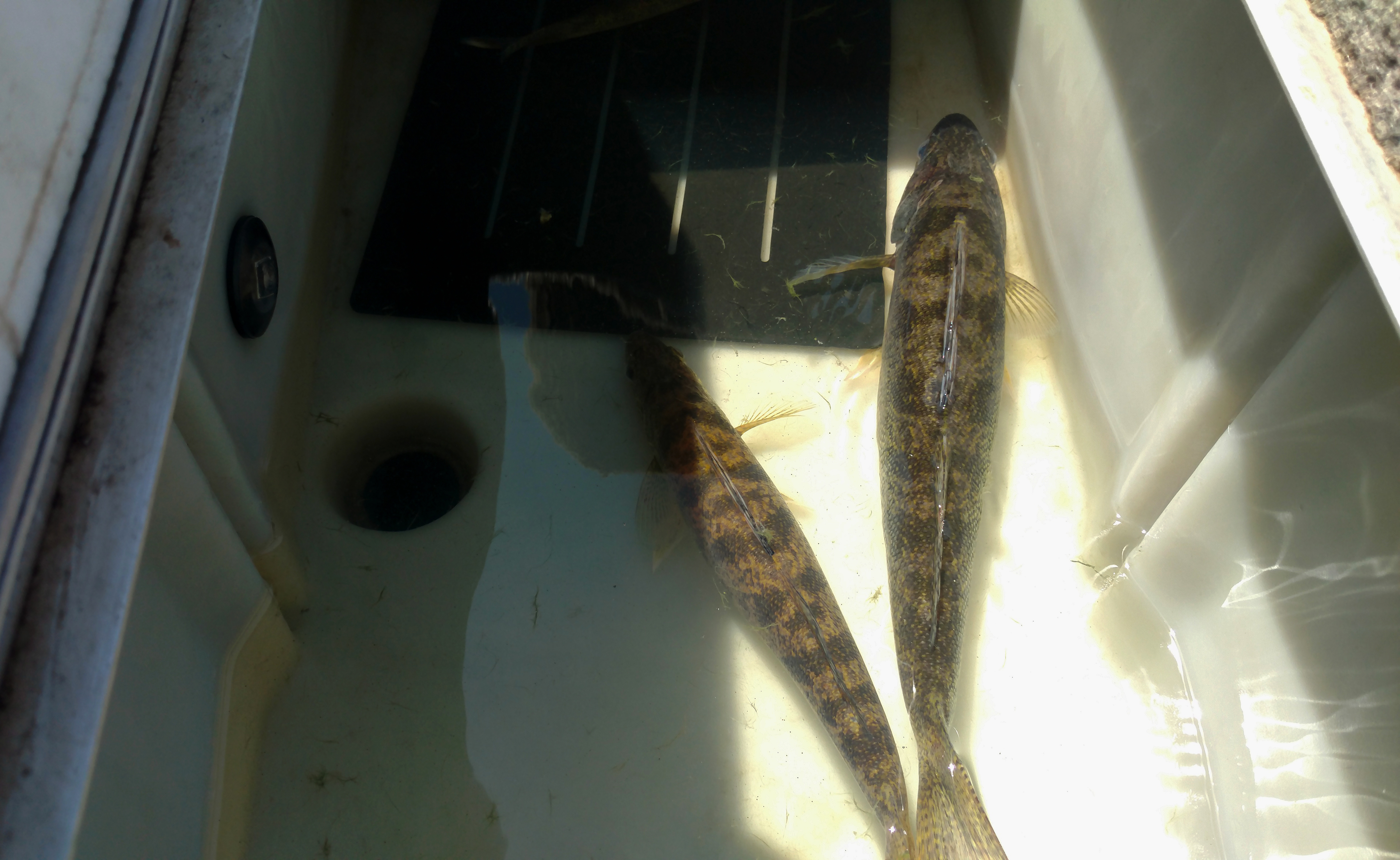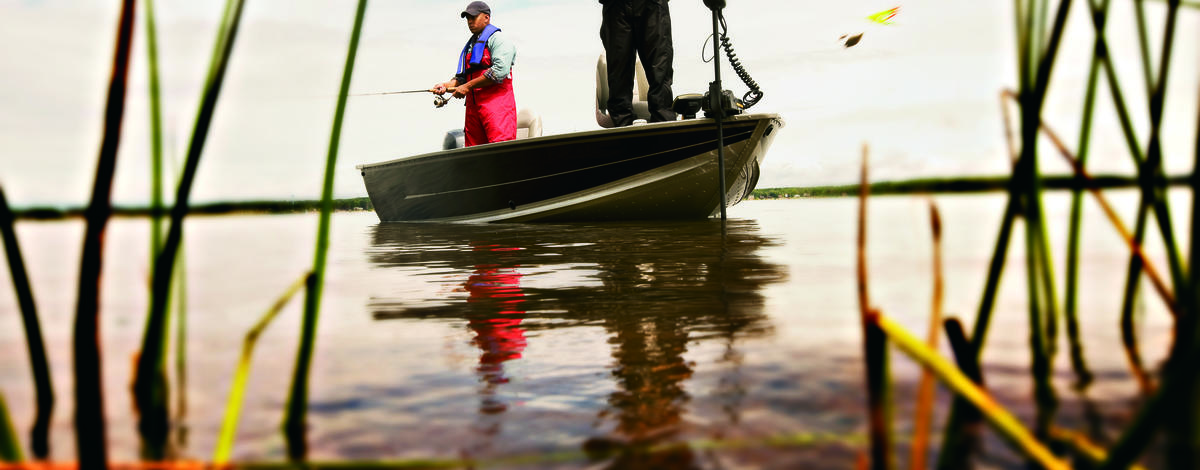During the spring fishing season is a good time to remind anglers that transporting or stocking any live fish in Idaho without a permit is both illegal and potentially damaging to ecosystems that support fish populations. Illegal introductions into any waterbody can cause significant short- and long-term damage to local fisheries, potentially limiting the quality, quantity, and availability of fishing opportunity for everyone.
Home aquarium owners are also warned that putting aquarium fish into rivers, lakes or reservoirs is also illegal and can cause ecological harm to Idaho’s waterbodies.
Many anglers are unaware that it is illegal to take fish home while still alive. Even with laws against it, Fish and Game biologists and officers continue to find anglers transporting live fish. This problem has seemed to become worse lately as most new boats are equipped with livewells.
Impacts to existing fisheries when fish are illegally stocked
Most concerning is the illegal transport, stocking, and potential establishment of walleye into other state waters where they can negatively impact existing fisheries. The lack of walleye in these waters is intentional, either due to unfavorable habitat conditions, lack of sufficient prey, or food, or because of the negative impacts that walleye can have on existing sport and non-game fish populations.

Walleye in a boat livewell at Salmon Falls Creek Reservoir, south of Twin Falls.
The illegal transport and stocking of any fish species throughout Idaho also increases the risk of disease transfer between water bodies.
Anglers who use a livewell in their boat, or even a bucket or cooler to keep fish alive while fishing, must either kill or release all fish before leaving the location where the fish were caught. Even inadvertent transport of live fish to your home to keep them “fresh” prior to processing can lead to a misdemeanor citation. Killing fish quickly and storing them on ice is a preferable option when it comes to care of the catch, and it also solves the problem, and legal repercussions of transporting live fish and other organisms. Immediate killing, bleeding and icing will yield a better flesh quality for the table.
Penalties are severe for illegal stocking
In Idaho, anglers or aquarium owner’s illegally transplanting or introducing fish where they don’t belong can be held legally responsible for the financial costs to restore the fishery to its prior condition. Restoration efforts could potentially total in the hundreds of thousands of dollars! The illegal act of introducing fish into another waterbody can potentially result in a felony charge.
Legal fish transport requires a permit
Transporting live fish to an approved private pond is legal with a live fish transport permit issued by your local Fish and Game office.
With a valid private pond permit and live fish transport permit, private pond owners may take specified species (bass, bluegill, catfish, and crappie) within the daily bag limits from the wild for transport and release into a private pond.
Private pond owners, with a valid private pond permit, can also purchase fish from a commercial fish hatchery and have them transported by the private hatchery without a transport permit.
Please help by reporting illegal stocking
Fish and Game Conservation Officers are responsible for patrolling a tremendous amount of area, and can’t be everywhere at once. If you witness someone transporting live fish, or any wildlife violation, please call the Citizens Against Poaching hotline at 1-800-632-5999. Callers may remain anonymous, and they may be eligible for a reward.
For more information about a private pond permit or a live fish transport permit contact your nearest Fish and Game office. Permit applications are available on the Idaho Fish and Game website on the applications page, under the Fishing section.

